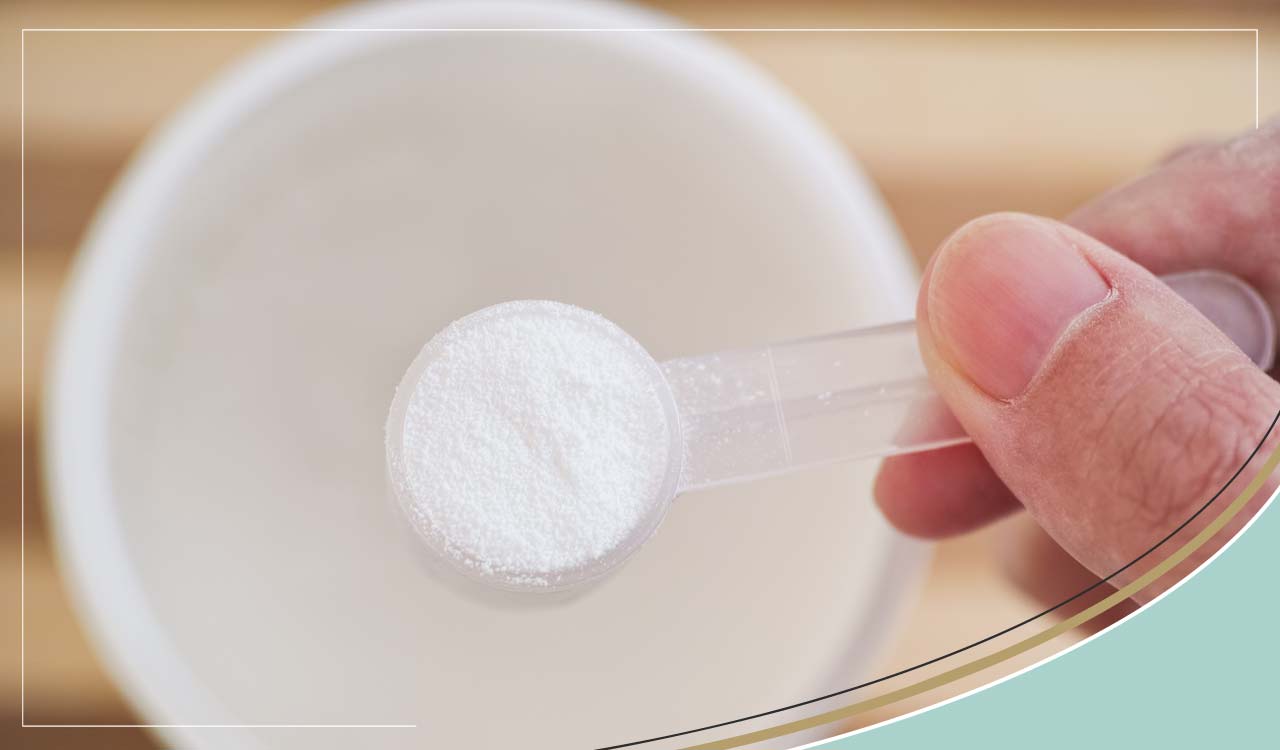ATP & D-Ribose? A review by Greame Walker

These are two things I know: the ingredients of shampoo and the ingredients of cereals. Why? Because as a child, in the bath or at the breakfast table, there's nothing else to read. Now I live on a boat, I don't have a bath unless I fall in the canal and I don't eat cereals because I've gotten wise to their game: process the heck out of some grains until it resembles the packet it came in, then add back in flavours and vitamins - 'nutrients' they call it. It's the classic recipe of selling you something that bears no resemblance to food under the auspices of 'health' . Anyway, researching the simple sugar Ribose for this article, I began to think of things that had mention of it in their name, riboflavin being one. Otherwise known as vitamin B2, it's a commonly added ingredient in cereals. In America and other countries, its added to grains by law. [1]
It strikes me as entirely unnecessary to add ribose into anything in any form, given that it is a constituent part of every living cell, in the molecule ATP and in DNA and elsewhere. It is also naturally occurring therefore in everything we eat that is or was alive: plants and animals, notably in higher concentrations in: mushrooms, beef, poultry, cheddar cheese, cream cheese, milk, eggs, caviar, anchovies, herring, sardines and yoghurt [2]. So you want more ribose in your life, well you could make a good start by eating more of these things. But why would you want to ingest more of this sugar than you receive from everyday eating?
The logic for athletes follows that as ATP (Adenosine triphosphate) contains Ribose and, as it's the body's principle means of converting the energy stored in fats and carbs to useful energy for muscle contractions (needed for running, for example), it stands to reason that ingesting Ribose will increase ATP levels and therefore performance. This turns out to be a likely fallacy [3], but research continues, given that the market demand for legal performance-enhancing supplements is high. I'm not sure how sympathetic I feel towards someone who buys quack-medicine in the hope they can shortcut their training.
Nevertheless, it may come to pass that there is some benefit to those who suffer from fatigue, such as those diagnosed with chronic fatigue syndrome (CFS) or fibromyalgia. I didn't know much about these conditions until I started digging around. I found, as is often the case, that people who present symptoms that affect their entire bodies; whose symptoms are abstract and difficult to diagnose; whose symptoms appear to be 'conveniently' manifesting in defiance of our society's work-obsession (sometimes erroneously referred to as an 'ethic' ), are often not believed, as though they are manifesting an indescribable illness as a means to escape their societal duty to engage in their own slavery. I imagine doctor's writing notes in the margins of patient's medical documents 'Crazy, send to shrink at every opportunity' . Yet these conditions, regardless of their origins are very real for the people who carry them.
Fibromyalgia comes from Latin, meaning 'muscle and fibrous connective tissue pain' , which is hardly useful, but no one really knows what causes it, or if it can possess a technically consistent set of symptoms among patients. What is known is that if you are diagnosed, you are more likely to be a woman, and are likely to also suffer from 'stress-related disorders such as chronic fatigue syndrome, posttraumatic stress disorder, irritable bowel syndrome and depression' [4]. Personally, I think that the stress we carry, that often arises out of complex experiences, projections and trauma, is more of a burden than society can acknowledge. Whereas a condition with clear physical, measurable cause, such as a bacterial infection or a broken leg, is readily understood to be the cause of a person's suffering; we give to them all the room they need to heal - the opposite is true of fibro, ME, CFS etc. To them we say 'You're exhausted? Get back to work!' , the inference being that these people and their tiredness is making a mockery of people with 'real' problems. That's why ME is dismissed as 'Yuppie Flu' , for example.
The truth is that whatever is your burden tires you, be it pain, or trauma, or stress, or badness of whatever kind. And we carry those burdens; we take them to our graves, bent under their weight. And while you're there, consider this reality: that everyone will one day die, so let's try to ease their suffering. What is there to lose besides, perhaps, the satisfaction of a moral fallacy? In this series of writings I have been casting a sceptical eye over our hyper-medicalised situation, trying to pry nuggets of truth amid the slick, insidious propagandising of the people charged as stewards of our care. If there were any rational conclusion to come out of it, I'd take away the observation that if something works, even if it's a placebo, then go for it.
So if you're fatigued for whatever reason, you might feel like trying Ribose to increase the ATP levels in your body, which according to the Athlete's logic will give you more access to energy. But you're not trying to sprint; you're just trying to live your life. And indeed, there are reports of fibro (and other) sufferers claiming that it's helping (just check the website isn't biased first [5]). I can't afford to examine the particulars of a paper published in 2006 on the effects of D-Ribose as medicine for fibro and CMS, but perhaps you can take comfort in its publicly accessible conclusion 'D-ribose significantly reduced clinical symptoms in patients suffering from fibromyalgia and chronic fatigue syndrome.' [6]
Graeme Walker, May, 2018
References:
[1]https://en.wikipedia.org/wiki/Riboflavin
[2], [3]https://www.webmd.com/vitamins-and-supplements/ribose-uses-and-risks#1
[4] Like this one: https://en.wikipedia.org/wiki/Fibromyalgia
[5]https://fedupwithfatigue.com/d-ribose-fibromyalgia/
[6]https://www.liebertpub.com/doi/pdf/10.1089/acm.2006.12.857?cookieSet=1
 Free Royal Mail 24 Tracked Delivery - Spend £10+
Free Royal Mail 24 Tracked Delivery - Spend £10+
 Support 01904 789559 - 20+ Years Expertise
Support 01904 789559 - 20+ Years Expertise
 Rated 4.9 out of 5 on Trustpilot
Rated 4.9 out of 5 on Trustpilot

















